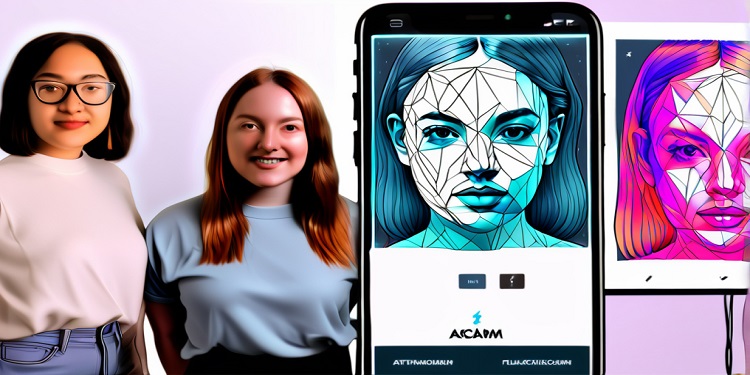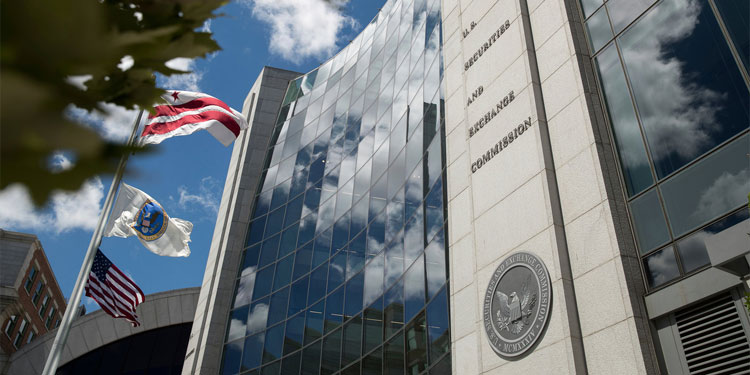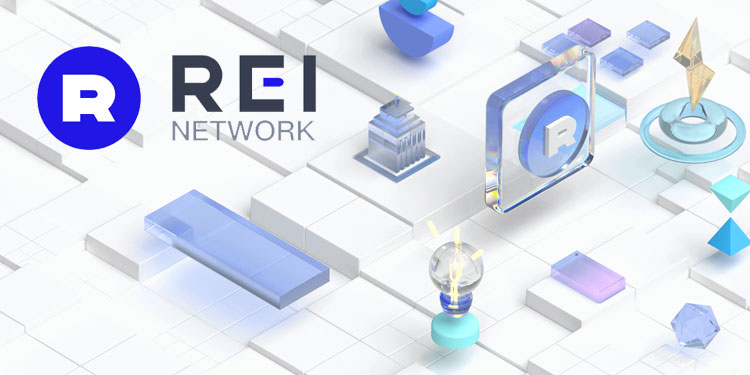The European Union has extended its support to the regional art scene through the creation of the FLUX Female Digital Creativity project, an initiative that aims to bridge the gap between art and technology by adopting an interdisciplinary approach. This project is a collaborative effort involving prominent cultural and technological organizations from Croatia, Italy, and Slovenia, including Labin Art Express from Istria, MEET Digital Culture Centre from Milan, MOTA Museum of Transitory Art from Ljubljana, and Alice in Blockchains from Zagreb.
Alice in Blockchains, a nonprofit organization focused on fintech, cryptocurrencies, and blockchain, has played a pivotal role in introducing Non-Fungible Tokens (NFTs) to the public. Last year, during the Web3 Tales conference at the Museum of Contemporary Art, they organized Croatia’s first international NFT exhibition. Themed “Techno Healing – Finding Resilience and Well-Being in a Digital World,” the exhibition showcased the works of ten female and non-binary artists, all pioneers in digital creation.
Building on this momentum, FLUX is launching a free Blockchain Art Academy aimed at female artists, graphic designers, photographers, and other creatives from across Europe. Scheduled to run from October 14 to 18, 2024, the academy will offer an online program comprising ten educational sessions, including lectures and workshops. This initiative seeks to connect 90 female artists with mentors who are professionals in various fields, such as blockchain, art, marketing, and strategic planning, providing them with a comprehensive education in these areas.
The academy’s curriculum is designed to empower participants by offering them the knowledge and skills necessary to thrive in the digital art world. Participants will explore the fundamentals of blockchain, cryptocurrencies, digital wallets, and NFTs through interactive workshops. Additionally, they will learn about the impact of virtual and augmented reality on artistic expression, how to create exhibitions in the metaverse, and the process of creating NFTs across different platforms. By the end of the program, participants will be well-equipped to present their work to a global audience through various digital channels.
The project also places a strong emphasis on marketing and digital presence. Participants will be educated on the importance of having a professional portfolio and website, creating an effective digital marketing strategy, and engaging with followers on social media. They will gain insights into the legislative frameworks and intellectual property regulations at the European Union level, which are crucial for navigating the complex legal landscape of digital art.
The academy’s mentors, including digital development expert Klara Kovačević and Nomad’s president Vanja Žanko, have highlighted the importance of equipping female artists with the tools to build successful digital careers. They believe that the knowledge imparted through this program will enable artists to connect with a global audience, transform their passion into a sustainable source of income, and contribute meaningfully to the dynamic field of digital art.
In addition to the educational aspect, the academy offers a platform for artists to showcase their work on an international stage. The most successful participants will have the opportunity to exhibit their creations in 2025 in three European cities—Milan, Ljubljana, and Labin—during events and exhibitions organized by FLUX project partners. This exposure is expected to provide significant promotional opportunities for the participants, helping them to establish themselves in the burgeoning NFT art space.
The importance of a digital presence was emphasized by Nik Kolveshi Radlović, founder of Kolekcionart, Croatia’s first digital platform for popularizing Croatian art. He pointed out that digital platforms and social networks allow artists to reach audiences regardless of location, and that the key to success lies in the quality, consistency, and authenticity of the content they provide. However, he also stressed that physical events, where people can gather and interact with art in person, remain essential for promoting and popularizing art.
The Blockchain Art Academy’s ten-session curriculum covers a wide range of topics essential for digital artists. Participants will begin by learning the basics of cryptocurrency and blockchain, including cryptography, digital ownership, smart contracts, and decentralized applications. They will then explore the impact of virtual and augmented reality on art, learn how to create NFTs, and gain practical skills in digital marketing, storytelling, and community engagement. The program also addresses legal aspects of NFTs, including intellectual property and regulatory frameworks within the EU.
In partnership with Endemic.app, an AI-curated NFT marketplace, participants will have the opportunity to mint their NFTs. Endemic.app is known for its innovative approach to curating digital art, using AI trained on a vast dataset of historical art pieces, user preferences, and curatorial records. This partnership is expected to decentralize the way digital art is curated, particularly within the NFT industry.
Female artists interested in participating in the program are invited to apply by submitting a short statement about themselves and their artistic practice, along with photos of up to five pieces of their work, to [email protected] or through the form on the project’s website by September 30, 2024. The program is free of charge, and selected participants will receive all necessary resources and materials at no cost.
The FLUX Female Digital Creativity project represents a significant step forward in creating equal opportunities for female artists in the digital art space. By providing a platform for education, presentation, and promotion, the project aims to place female artists at the center of the evolving NFT art sphere, ensuring that they have the tools and knowledge to succeed in a rapidly changing digital environment.









